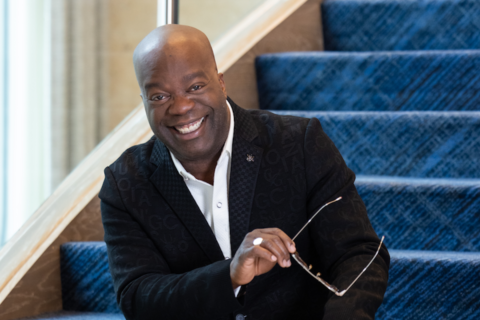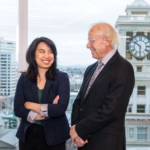Working with friends can be tricky, especially when you are starting a new company. After Scott Wainner sold his second business, ResellerRatings for $34M as sole shareholder with no outstanding debt, he embarked on a new business with his longtime friend Steve Bitner.
How did you come up with Fareness.com?
SW: I go on at least 10-20 trips per year on average, usually for fun. Booking travel has never been fun and is always a time consuming and clunky experience. Travel providers have built complex revenue management systems to try to squeeze every dollar out of travelers.
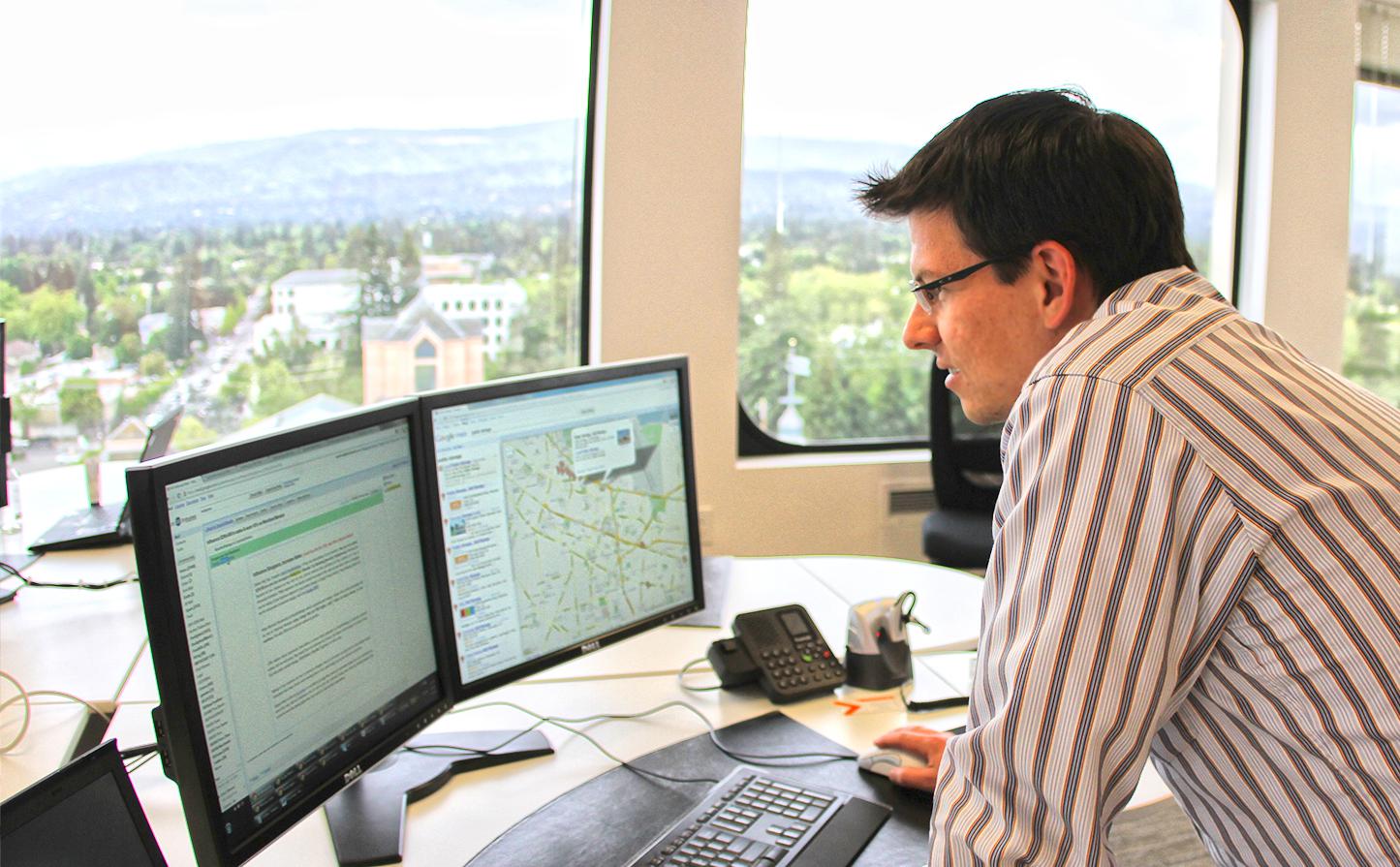
That’s why you can visit 20 sites, check 100 travel dates, check 50 destinations, and get different prices every time. I created Fareness to boil all of that work down from hours to seconds, letting travelers see, at a glance, the lowest priced dates and places to travel. No more hours of digging on 20 sites.
Why did you chose to work with your friend?
SW: I’ve known Steve for about 15 years. When thinking about who I’d hire to head up the technology side of Fareness, it’s not just about who is very diligent and super competent, it’s about who I trust.
I couldn’t think of anyone better to work with on this project due to the rapport and trust that we’ve built over the years, and Steve’s work ethic is stellar.
SB: Working for a mid-sized organization, like my previous employer, is a great opportunity for anyone looking to develop their skill sets. This is true because you get to work with great software people, great marketing people, great content people… you get the drift.
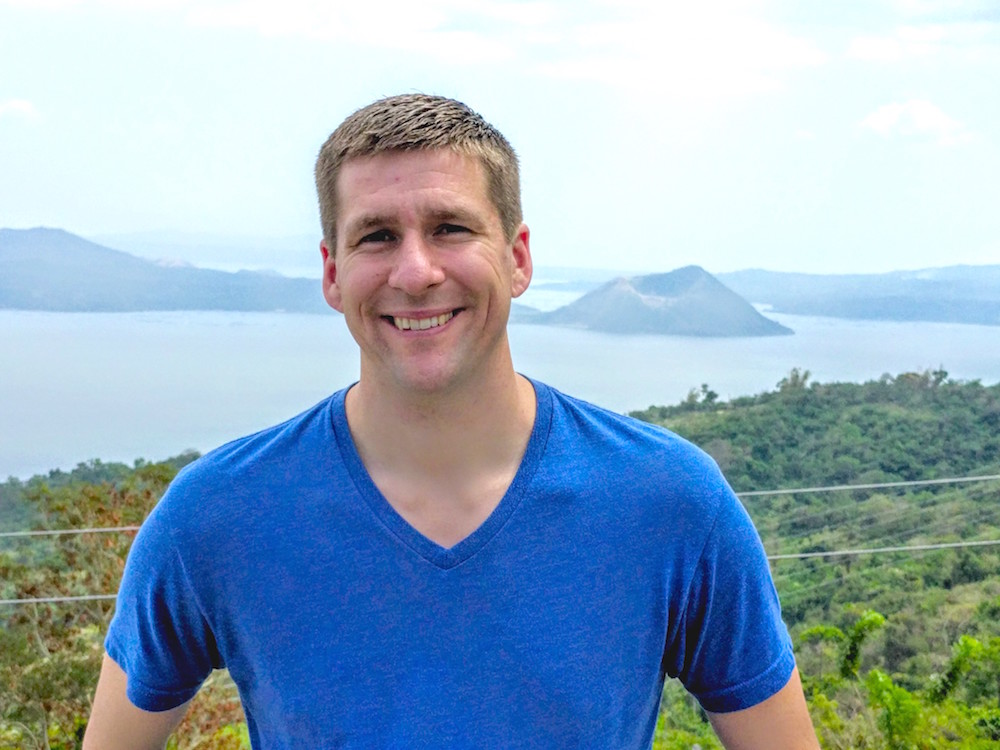
After some time though, you can hit a point where you are not being challenged anymore and in order to grow you need to really push your limits. Working at a startup where there are only a few people involved in the project gives you more ownership, more challenges, and more chances to shine or fail. I had been lacking this level of challenge since graduate school.
Some people see my career move as risky but Scott has been very successful in the past with other sites, some of which I helped on in a part-time role, and working with him on this and future sites doesn’t feel very risky to me.
We are a really good team. We complement each other’s personalities and skills and can pretty much handle any task that we face as a result.
How do you work around your friendship?
SW: Steve and I do a good job at sequestering the work relationship and friendship. First, we treat each other fairly and with respect. I firmly believe that if things didn’t work out work wise in the long run, we’d still hang out, we’d still visit each other.
I suppose in work (and in friendship) a falling out is always possible, but I don’t get the feeling that it’s any more likely as a result of our working together.
On a personal level, I don’t want to let him down. I want to succeed and have his work mean something in the end. So, that adds a bit of pressure, but not really in a bad way. It adds motivation.
SB: I think at every job I’ve ever had I’ve had at least a few people that I considered to be friends. If you don’t have any friends where you are working, you should be looking for another job.
You will spend more time with your coworkers than you will with your own family. Working on a team as small as ours though, it was important to know that I will always be able to have some fun. There are large hurdles in front of us and behind us, and I feel like it’s been a blast and will only get better.
How have other friends contributed to your company?
SW: We did extensive user testing in the product design phase, and I asked numerous friends to participate in this process. The feedback was very valuable and helped us create a better product.
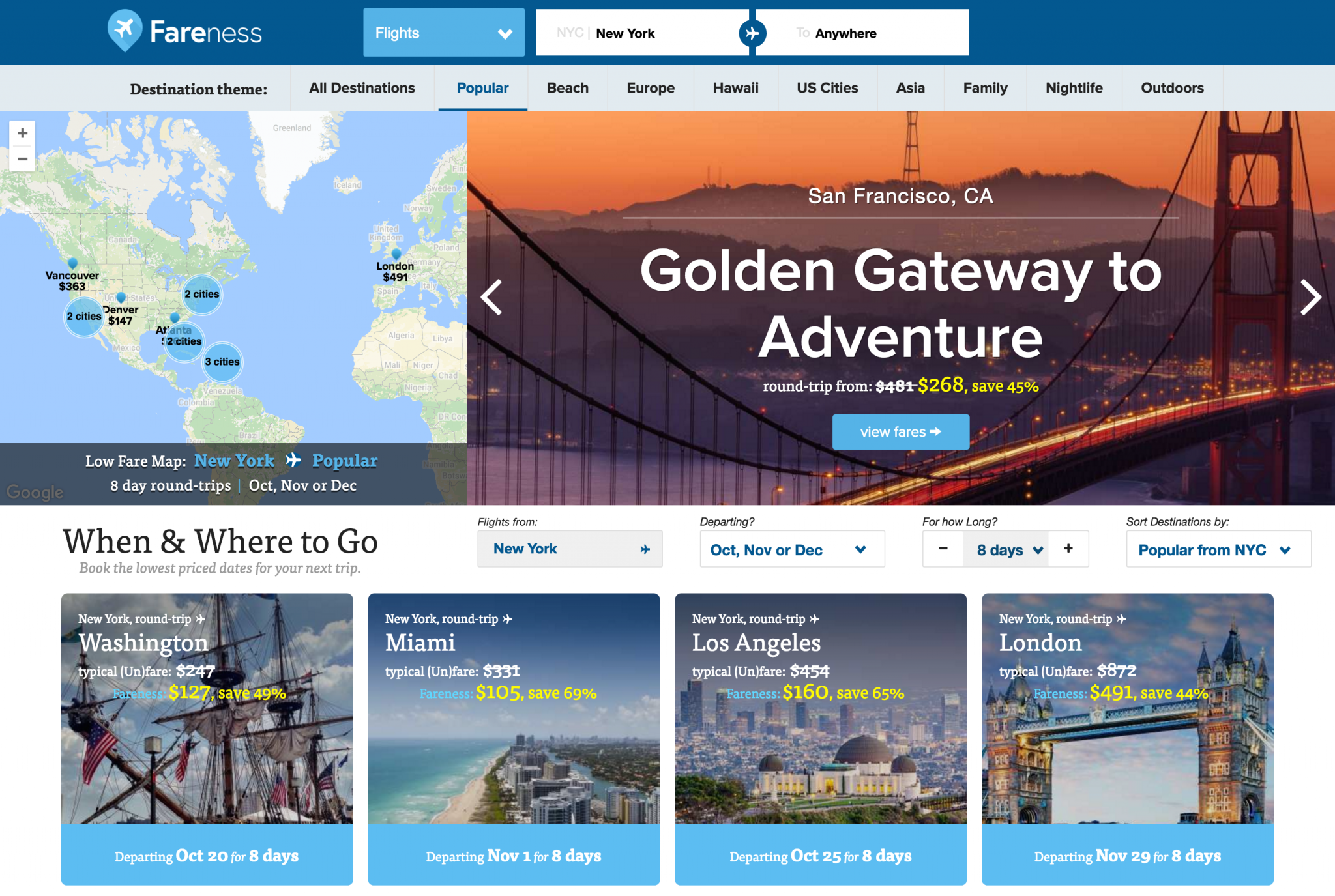
What challenges arise when working with friends?
SB: The only issue I can think of is that when you mix work and fun, it is sometimes difficult to just be friends again. Any time we hang out, work will always come up and at times dominate the conversation. The key is just to moderate that. That’s where my wife comes to the rescue…she hates talking about my work.
Advice for founders looking to startup with friends?
SW: It won’t work for everyone. It takes a solid foundation of friendship and two fair, like minded people, for it to work. If each person isn’t set in their expectations, goals, and motivations, and aligned towards the greater good of helping the business to succeed, then conflicts arise.
It’s important to know that each person can be flexible, open, honest, and fair, and when in doubt, it’s probably best to let the friendship evolve more before mixing in work roles.
SB: I think one thing that helps with our relationship is that we are not peers in the business. Although Scott and I have a lot of respect for each other and acknowledge what the other brings to the table, at the end of the day, Scott is the boss.
We have had discussions about controversial parts of the business and on some matters, I’ve convinced him to see my side, but when I can’t, I resign to the fact that this is his business and I am playing a supporting role.
So, the advice would be to establish who should really be driving the ship and let that person do so. Provide support and advise as much as you can but when the decisions need to be made, stand behind the skipper.
This article has been edited and condensed.
Joyce Hsu is the Business Development Manager for Fareness.com and a freelance writer. Connect with @fareness on Twitter.
© YFS Magazine. All Rights Reserved. Copying prohibited. All material is protected by U.S. and international copyright laws. Unauthorized reproduction or distribution of this material is prohibited. Sharing of this material under Attribution-NonCommercial-NoDerivatives 4.0 International terms, listed here, is permitted.

